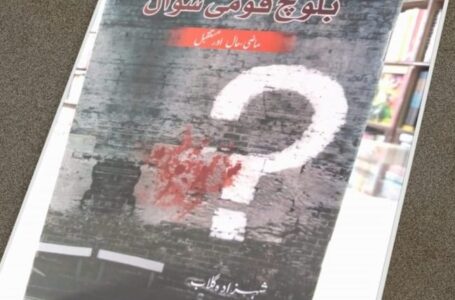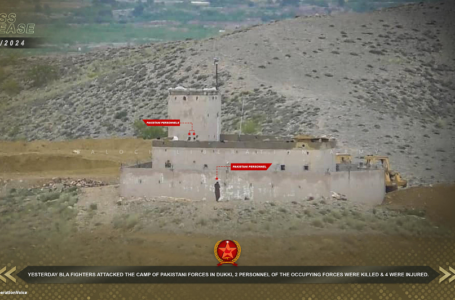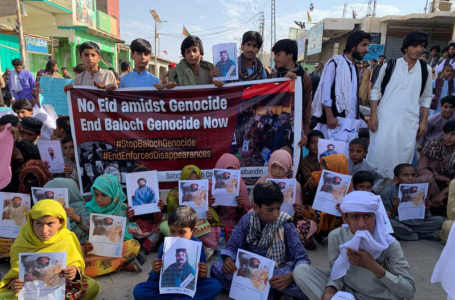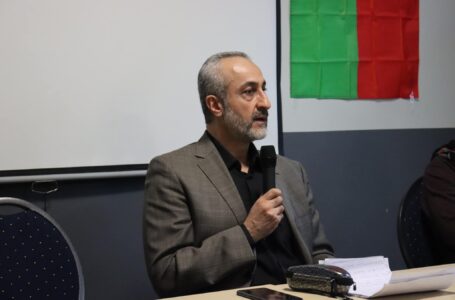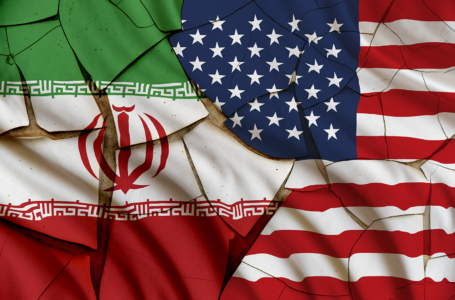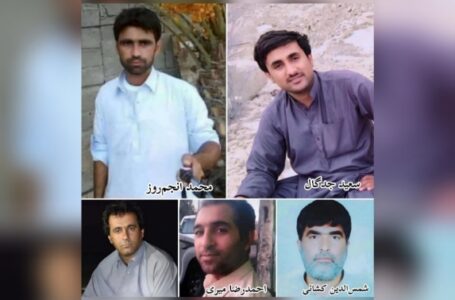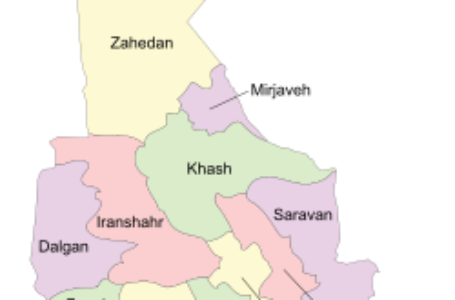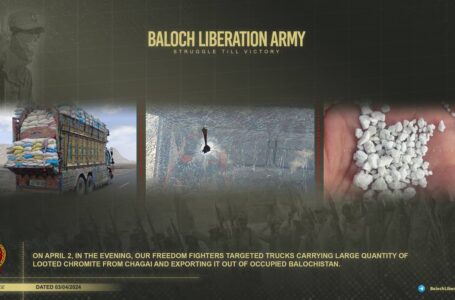The US withdrawal from Afghanistan and its impact on region

In 2010 in a conference in London the heads of different states around world have agreed to set up a timetable about withdrawal of Western troops from Afghanistan and gradually give the security of the country to Afghan Army. Later in June 2011 the president of US, Mr Barak Obama, also in a speech announced a timetable for withdrawal of American forces and said that after 2014 the situation of Afghanistan will not remain the same as it had been in past 13 years. He had also said that after 2014 there will be radical changes to relations between US and Afghanistan.
The US and ISAF forces have start withdrawing at the given timetable but their withdrawal has initiated a debate about its impact on the region and on international level. A neighbouring country of Afghanistan is also bracing itself as the situation in the region started to change.
For the first time in the history of Afghanistan before the US withdrawal peaceful transition of power occurred where Ashraf Ghani replaced Hamid Karzai the ex-president of Afghanistan and Abdullah Abdullah who achieved second position has become chief executive of the country. The withdrawal of ISAF troops is a huge security challenge for the new government of Afghanistan that is why Ashraf Ghani, the president of Afghanistan, has signed an agreement under which about 12,000 foreign troops mostly Americans will remain in Afghanistan until 2015, these troops will continue to train and support the Afghan forces, as well as participate in joint operations against the Taliban. The withdrawal of ISAF troop have huge impacts on the region and the immediate issue of Afghanistan’s security because despite joint effort by foreign troops and Afghan security forces in past 13 years, the Taliban are still powerful and they continue to attack Western forces and Afghan police.
Even though The NATO and Afghan army are training the Afghan police according their program but the training is still far from complete while it is alleged that Taliban have full support of Pakistan which provides them with weapons, financial support and shelter. Hence Afghan army is still considered weak to counter them [Taliban]. On the other hand, some experts say that ninety percent of the world’s opium production is in Afghanistan, the drug trade in Afghanistan is equivalent to three quarters of its GDP. With the withdrawal of US forces production opium will radically increase and unfortunately it will mostly benefit the Taliban because one the main sources of Taliban funding is drug business.
There are also concerns about Afghanistan’s economy, currently 90% of Afghanistan’s budget comes from foreign aid because of that Afghanistan’s entire economy has become dependent on foreign aid. The World Bank has expressed its concern that if foreign aid is stopped after ISAF withdrawal from Afghanistan, the country’s economy will collapse. Many social reforms were introduced in Afghanistan after American occupation which included giving equal right to women, at present twenty-four million Afghan children are going to schools in Afghanistan while during the Taliban their number was barely five thousand and women participation in job and politics has also been encouraging. But now because of the US withdrawal there are concerns that these reforms are still weak, if the Taliban increase their influence in the region once again it will have negative effect on these reforms. However, the main issue is that after the US withdrawal the balance of power will deteriorate in the region and there will be a gap in balance of power. Pakistan, Iran, India and China have braced themselves to fill in this gap.
The biggest challenge in this regard is Pakistan which has been nurturing the Taliban since 80s and it has deep relations with Afghan Taliban, the Haqqani network in particular. Experts even say that the Pakistani intelligence agencies despite being an ally of the West in the war against terror have been playing double games. On one had Pakistan has been receiving aid from the United States and other Western countries under the guise of fighting terrorism while on other hand it has been supporting the Afghan Taliban militarily and financially and it has also been providing safe havens to Taliban, especially the Haqqani network. It is even said that the Afghan Taliban Shura is Quetta military Cantonment is being protected by Pakistani security forces and from there they lead Taliban activities.
In such a situations where the balance of power in the region is changing and where Pakistan on one hand nurtures and protects the Taliban as its strategic asset and on the other hand it considers the current Afghan government as it enemy. For this reason, analysts are predicting that Pakistan will reactivate the Taliban in Afghanistan to destabilise the present government and it will want to bring people in power that are sympathetic to Pakistan to establish Taliban influence. The recent wave of terrorism in Afghanistan are being linked to Pakistani institutions in the light of above mentioned factors.
Balochistan is situated on Afghan border and Baloch people have had historical ties with Afghans for centuries, the situation in Afghanistan have always had direct impact on Balochistan, so the withdrawal of US forces will also impact Balochistan. In this regard pro-independence Baloch national leader Hyrbyair Marri said in a recent statement that Pakistan have always had expansionist designs because of that it destroyed the peace of its neighbouring countries. He added that occupation of Balochistan and terrorism in Afghanistan are also part of Pakistan’s expansionist designs. He had appealed to the international community that before the withdrawal of western troops, Pakistan should be limited to it boundaries in Punjab. Baloch and other secular nations should be supported in their struggle for freedom otherwise Pakistan with its expansionist philosophy will support the Taliban to destroy Afghanistan’s peace which will have horrible consequences impacts on entire world. Mr Marri had also urged the United States to review its aid to Pakistan because the US aid was being used for terrorism in Afghanistan and to oppress the Baloch people.

